For a more conscious and sustainable future
We opt for sustainable materials and apply "eco-friendly" practices throughout the process, ensuring that each garment reflects our commitment to sustainability. We also work with recognized certificates to guarantee the transparency and authenticity of our products. At Totis Basics, we build a conscious and sustainable future, step by step.
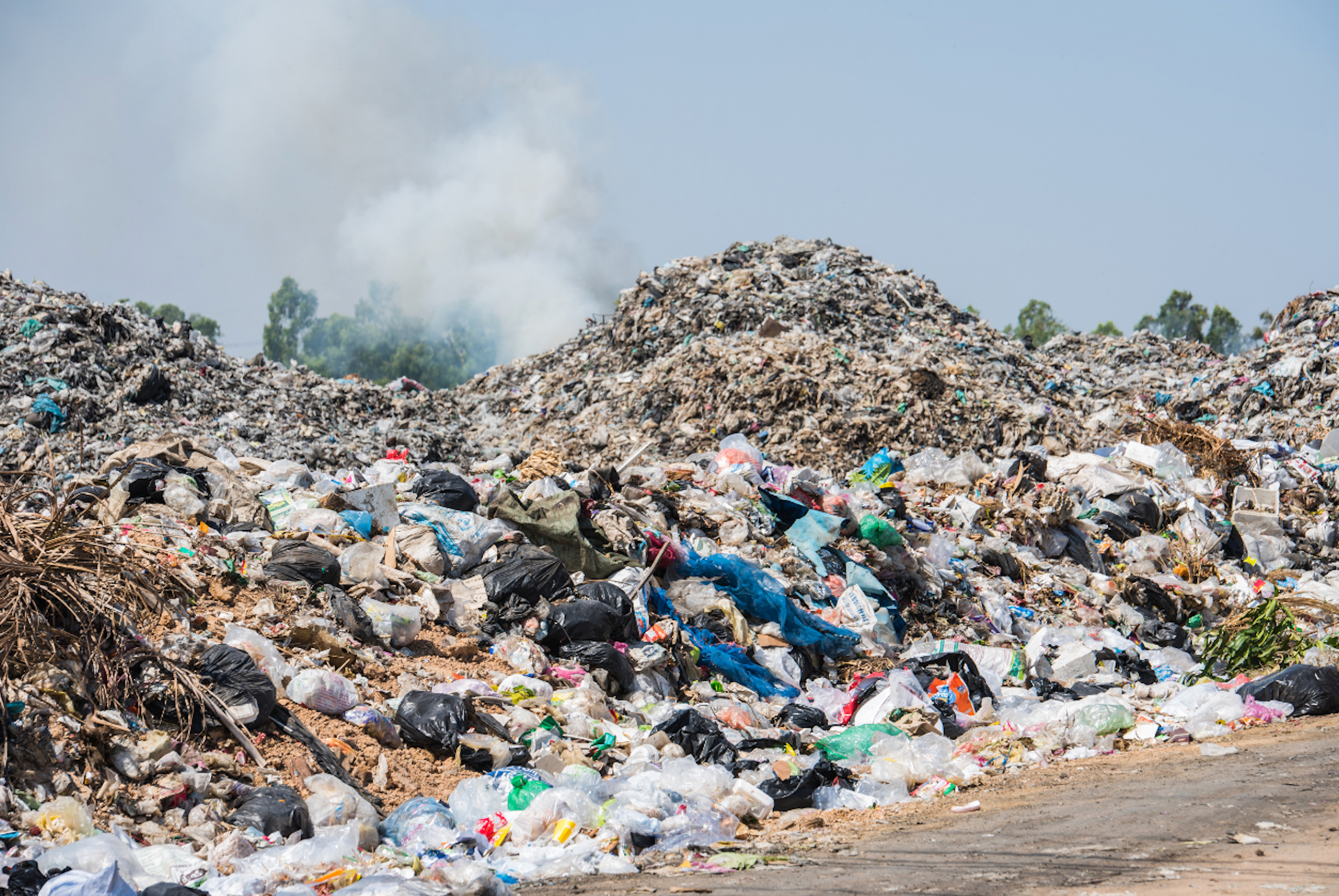
MINIMUM STOCK
25% of the garments manufactured are never sold. And another 25% of the clothes we buy, we do not use.
We could say that 50% of the garments produced end up in landfills without anyone having used them. We cannot continue with this model.
At Totis Basics we manage a minimum stock and we produce the rest ON DEMAND.
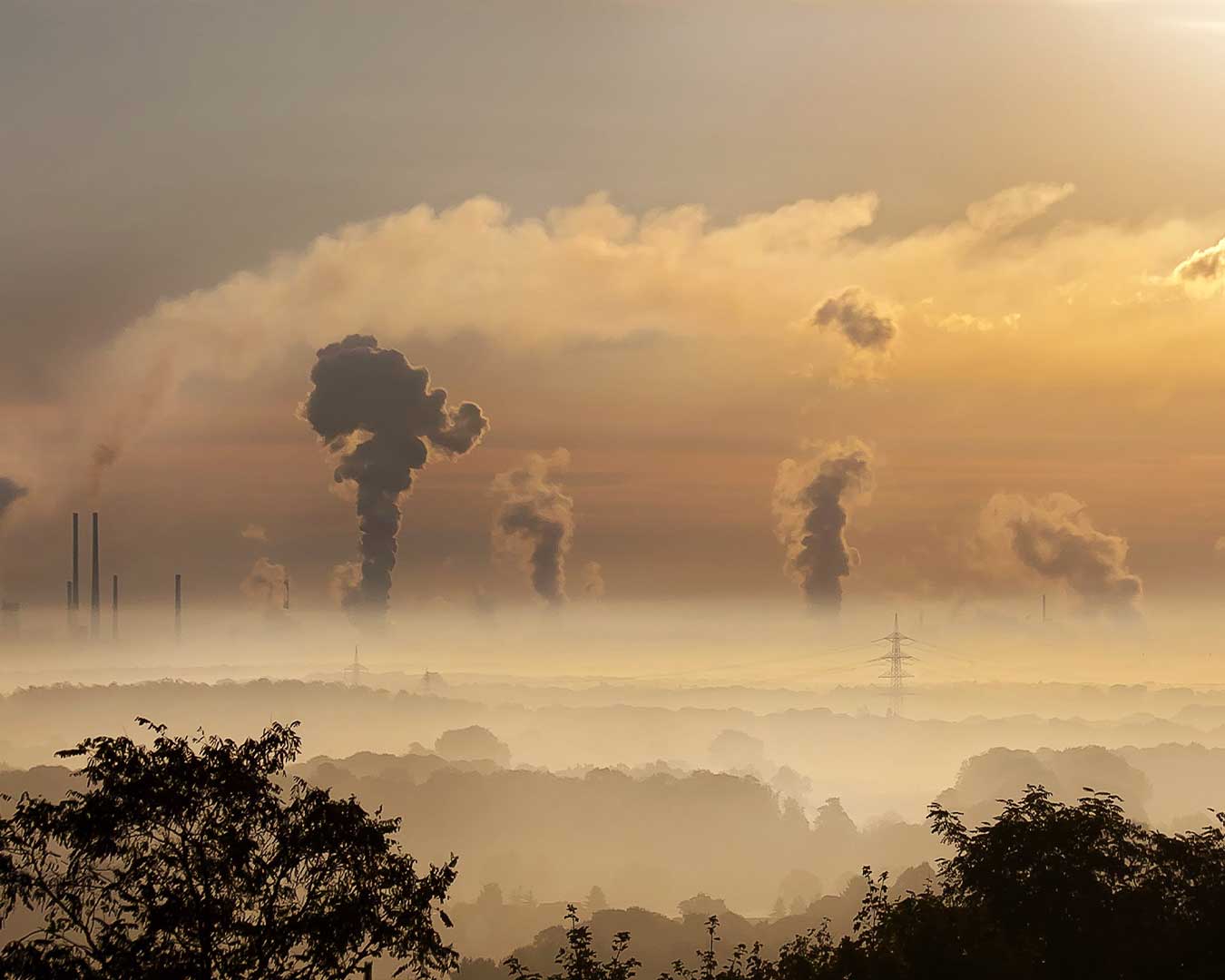
Carbon footprint
We are committed to reducing our carbon footprint in every possible area. This is clearly reflected in the production of our t-shirts, where we have managed to reduce emissions by an impressive 46%.
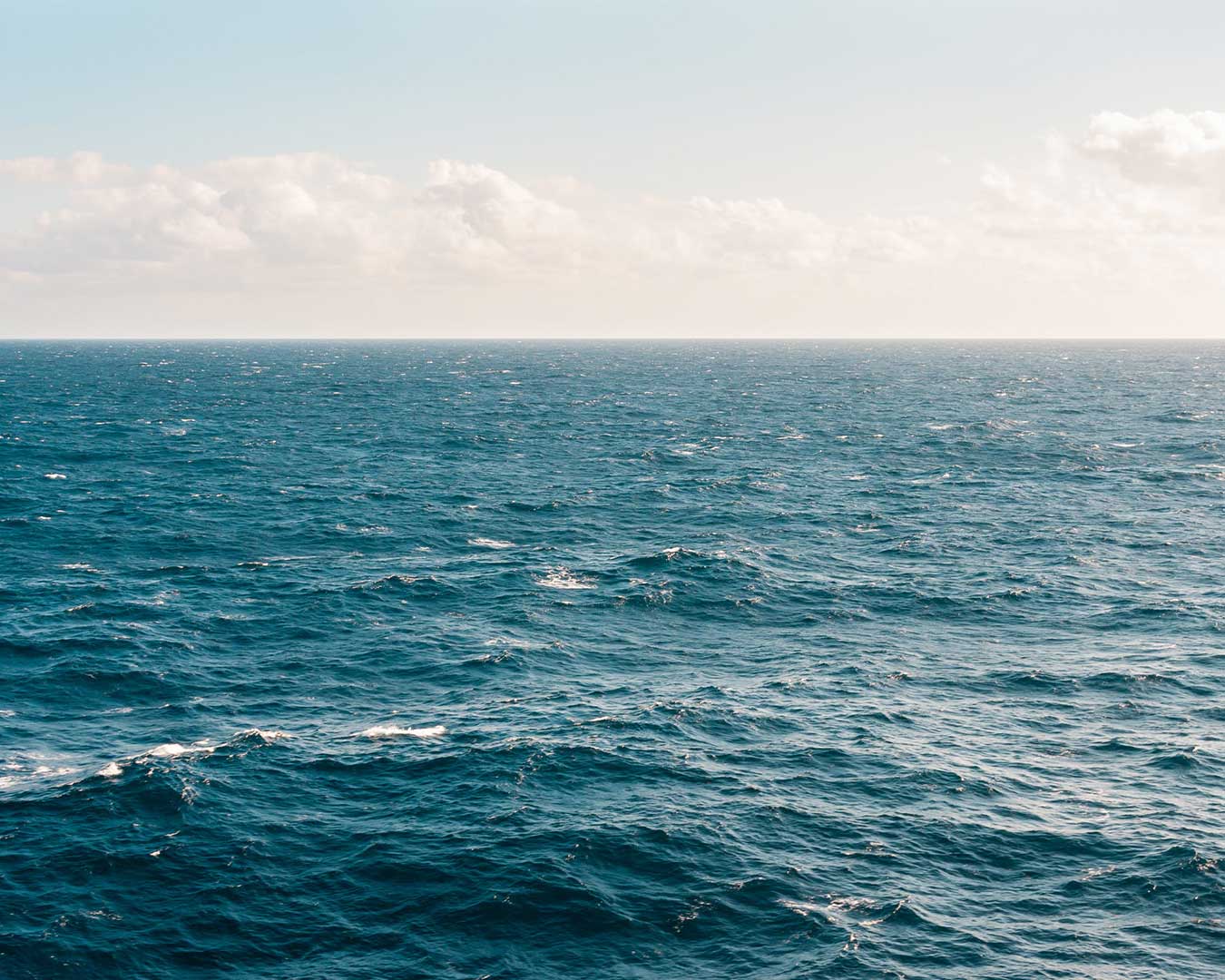
water consumption
Our suppliers are committed to minimizing water consumption and preventing contamination throughout the entire supply chain. Furthermore, by opting for organic cotton t-shirt production, we managed to reduce water consumption by an impressive 88% compared to conventional cotton t-shirt production.
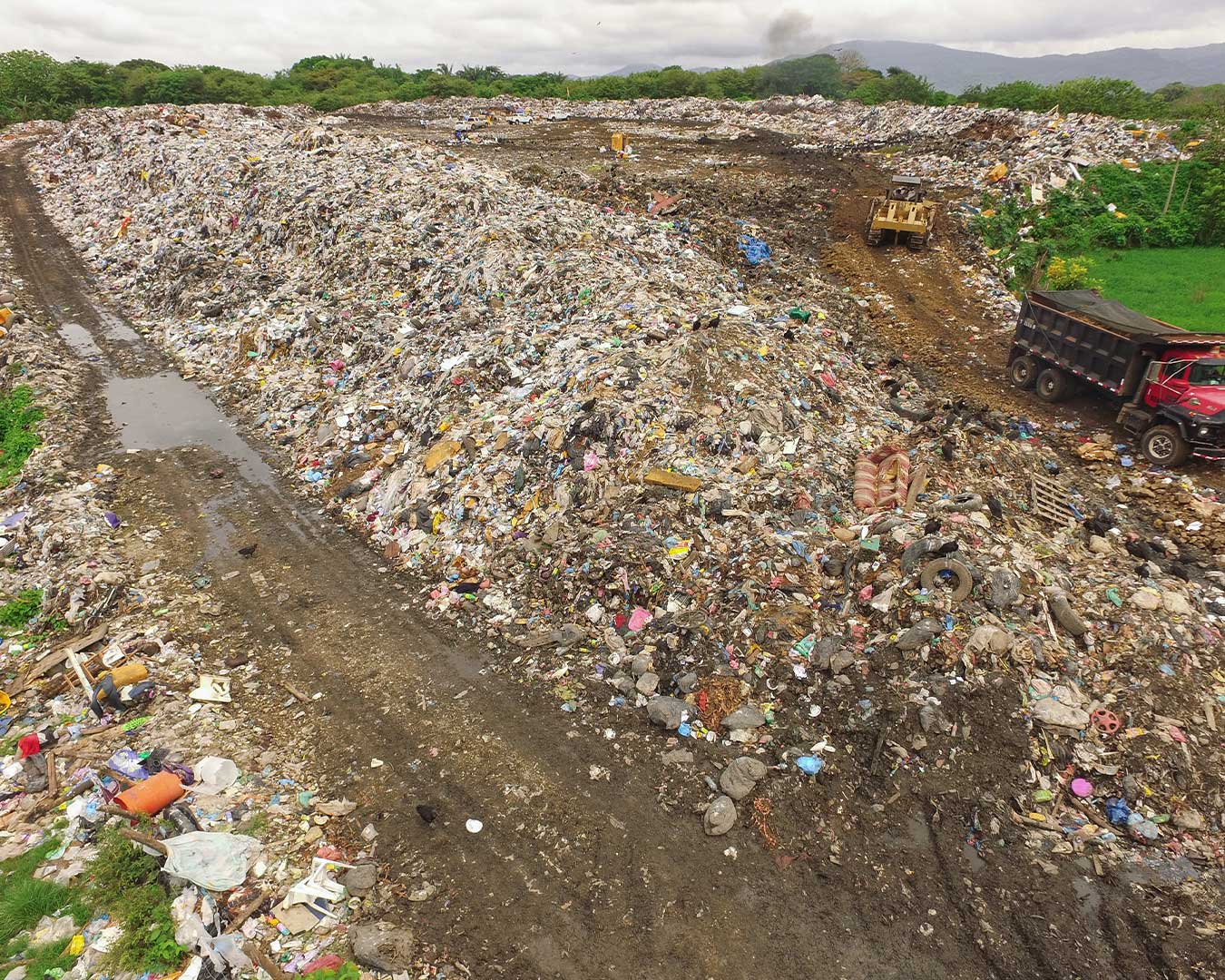
No packaging
A good shopping experience involves receiving a package with many surprises inside, but we believe that this is not the correct way.
How many times have you thrown everything that came with the order directly into the trash? Many of us know it. This is why we have decided to minimize our packaging.
Our packaging is limited to an organic and biodegradable bag in less than 6 months. Nothing else is necessary for your order to arrive in condition.
MATERIALS
Organic cotton. renewable resources. Recycled materials. This is our formula to reduce our footprint.
The choice of fibers greatly influences the useful life of a garment and its ease of recycling. This aspect determines both the quality of the product and its environmental footprint. If raw materials of the highest quality are chosen, the need to mix them with other fibers is reduced.
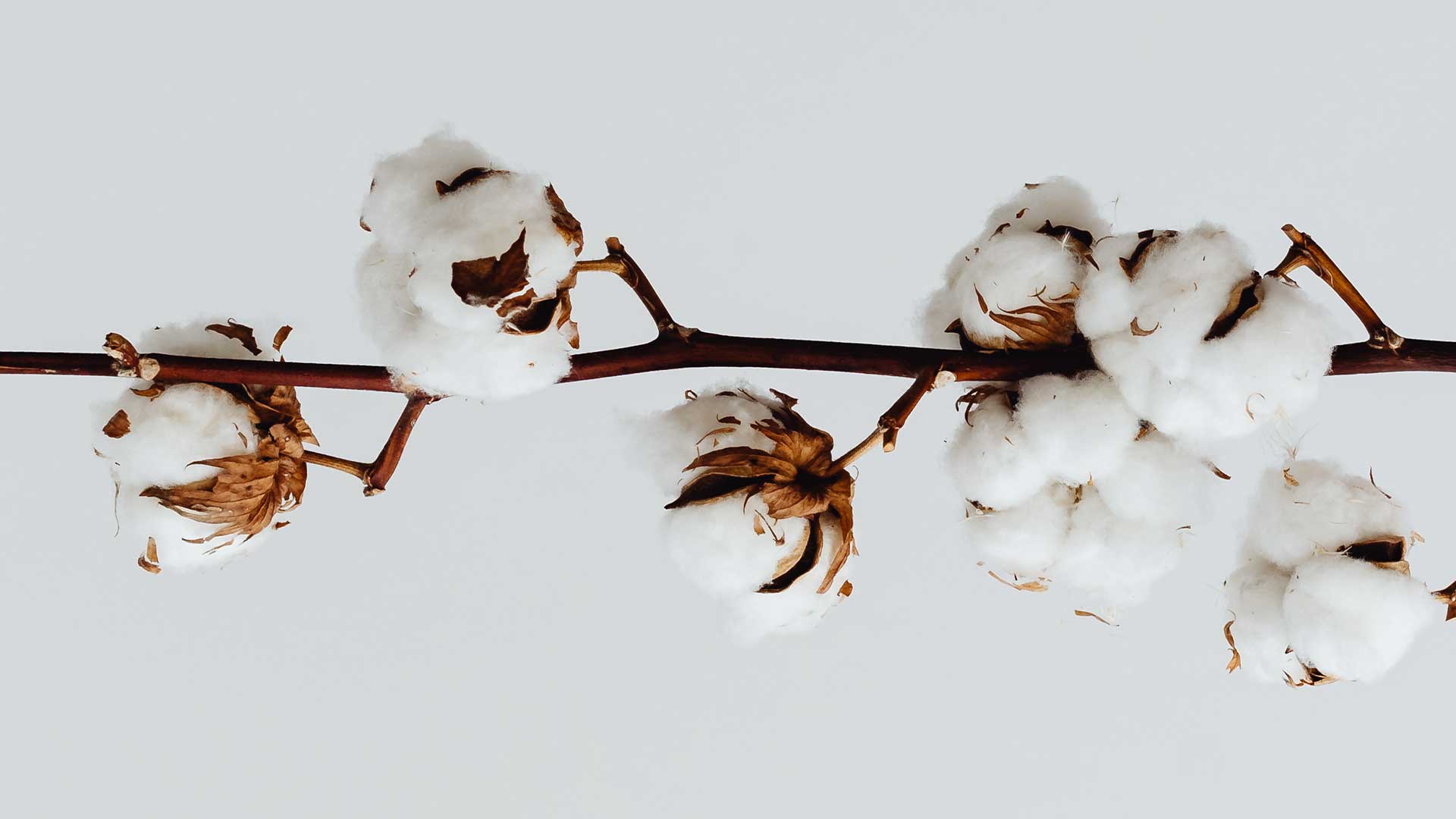
ORGANIC COTTON
From the beginning, we decided to work exclusively with 100% organic cotton, from seeds that have not been genetically modified (non-transgenic) and grown without pesticides or chemical fertilizers.
Our organic cotton comes from countries like India or Turkey.
On a global scale, only a very small percentage of the cotton grown annually is organic.
By growing organic cotton, harmful chemicals are prevented from entering the soil or polluting rivers, lakes or oceans. Therefore, irrigation water from organic farming is not wasted, as it can be reused and safely returned to the land and other water resources. Due to its widespread positive effect on water, soil and biodiversity, the well-being and livelihood of cotton farmers and their communities must be respected and protected.
Benefits of organic cotton compared to conventional cotton
- 26% less chance of soil erosion
- 46% less impact on global warming
- 70% less acidification of water and soils
- 91% less groundwater consumption
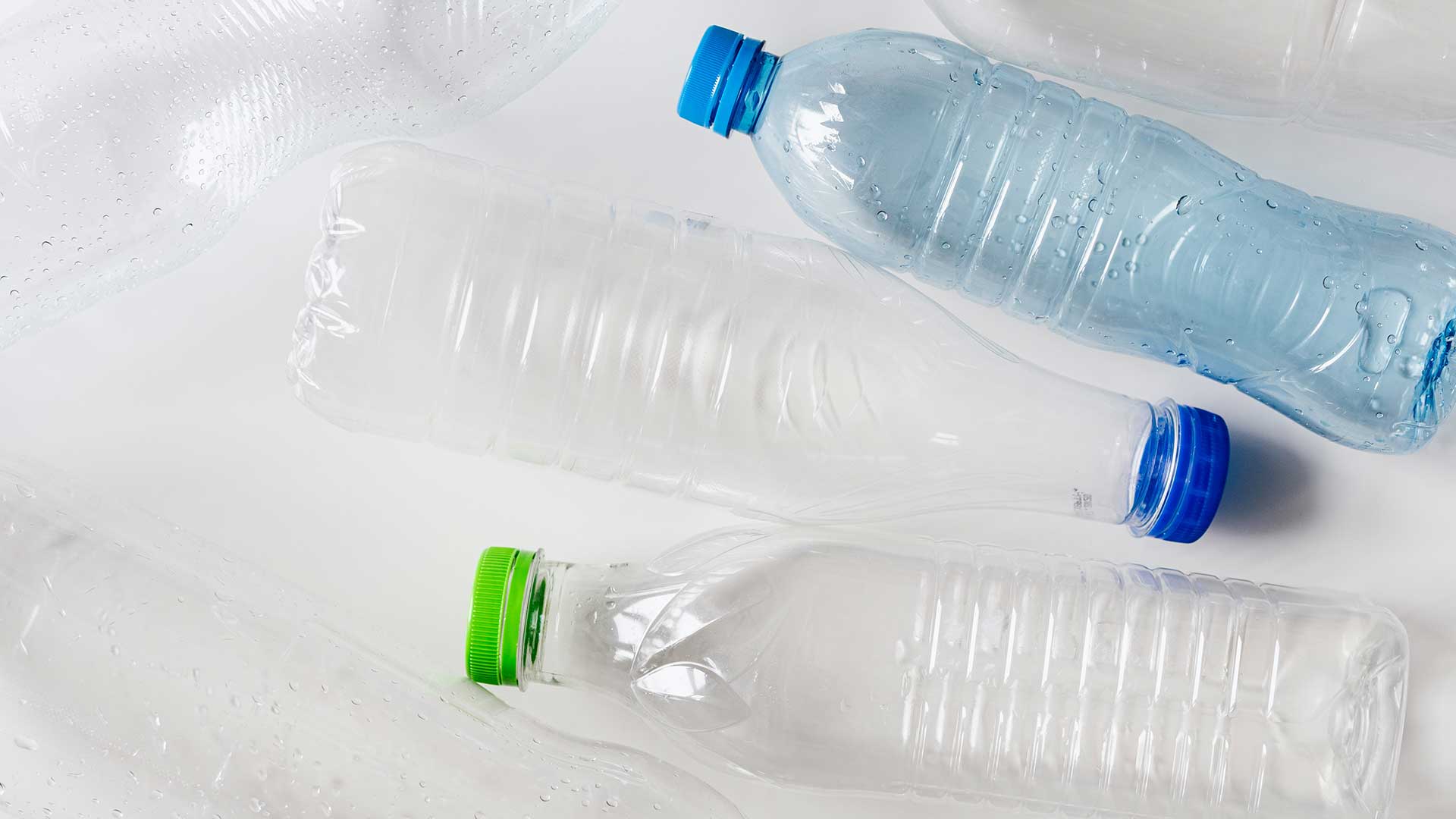
RECYCLED POLYESTER
We use polyester to add stability to the hoodies. We exclusively use recycled polyester from used PET bottles.
There is no doubt that the fight against plastic waste has become one of the greatest environmental challenges of our times: worldwide, each year about 9.5 million tons of this material are thrown into the oceans, mostly single-use plastics.
Recycled polyester allows us to save a considerable amount of energy during the manufacturing process compared to non-recycled polyester. As with organic cotton, we aim to establish full traceability of our recycled polyester, including the provenance of the PET bottles. Otherwise, these bottles, which mostly come from China, would end up in a landfill or in our oceans.
Process:
- The PET bottles are cleaned and cut into pieces.
- Next, these pieces are transformed into pellets that, later, through a blowing process, become polyester fiber.
- Polyester fiber is woven to form a thread into durable, breathable fabrics.
CERTIFICATES
We pride ourselves on addressing the environmental and social challenges facing our industry from a collaborative perspective.
Discover the certificates.
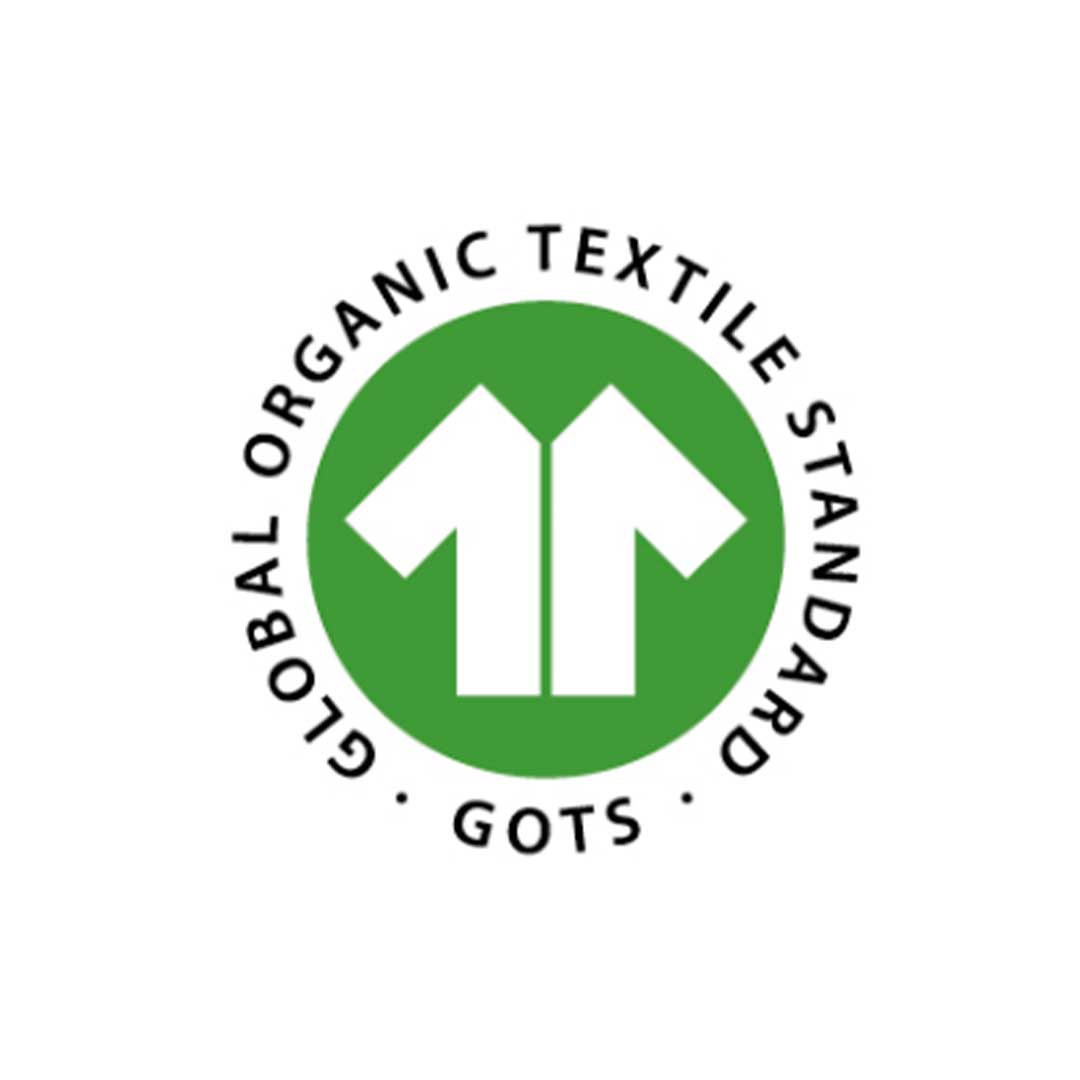
GOTS
THE GLOBAL ORGANIC TEXTILE STANDARD
It is the main certification worldwide that regulates the production of organic fibers. Based on both ecological and social criteria, it is the strictest certification for organic cotton.
It guarantees that cotton is grown organically and without using genetically modified seeds or harmful chemicals. It also ensures the traceability of products from the collection of raw materials to the end customer , with transaction certificates in all phases of production.
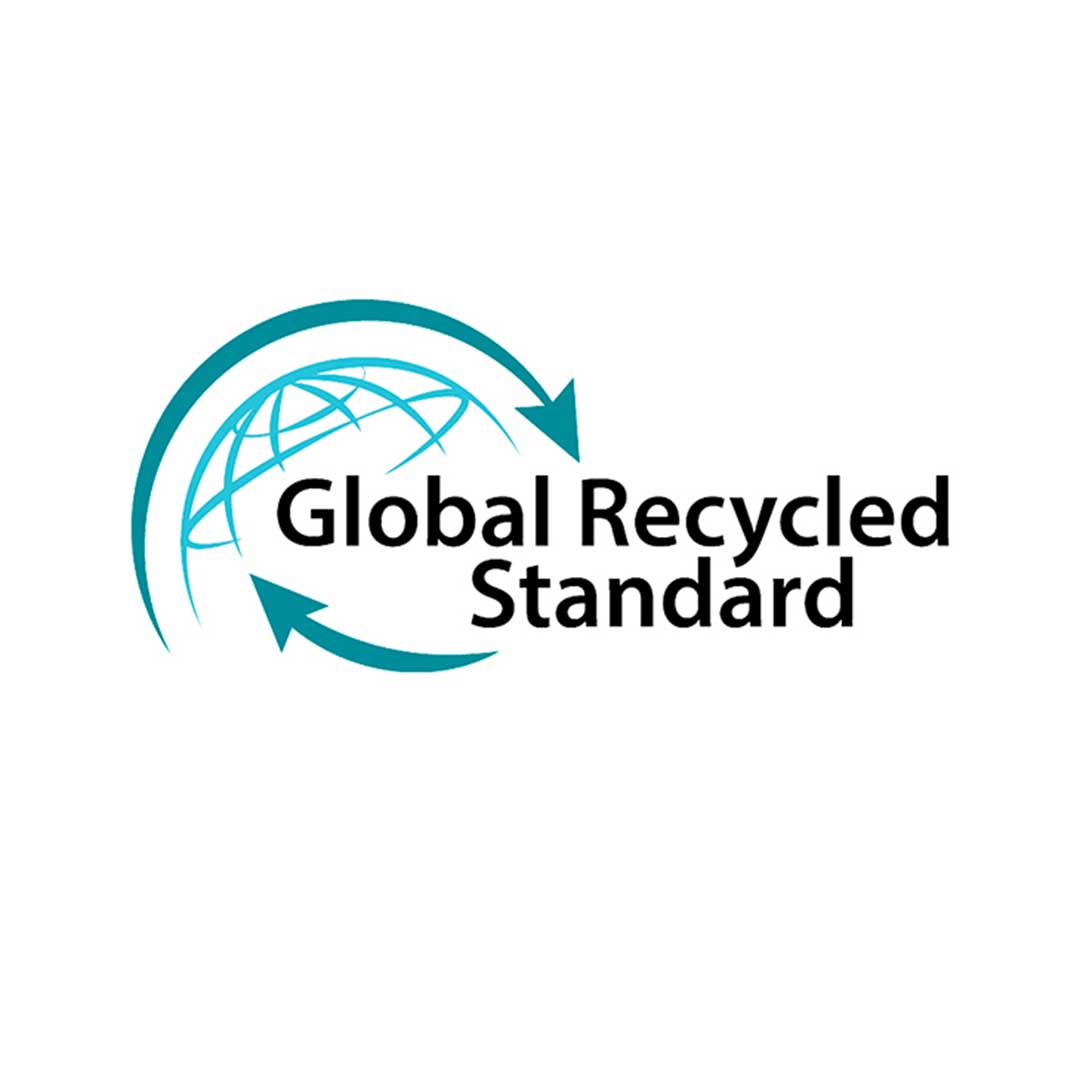
GRS
THE GLOBAL RECYCLED STANDARD
It is the main certification worldwide for recycled fabrics. This certificate applies to the entire supply chain and takes into account traceability, environmental principles, social practices, the presence of chemicals and labeling.
The recycled polyester materials we use are GRS certified.
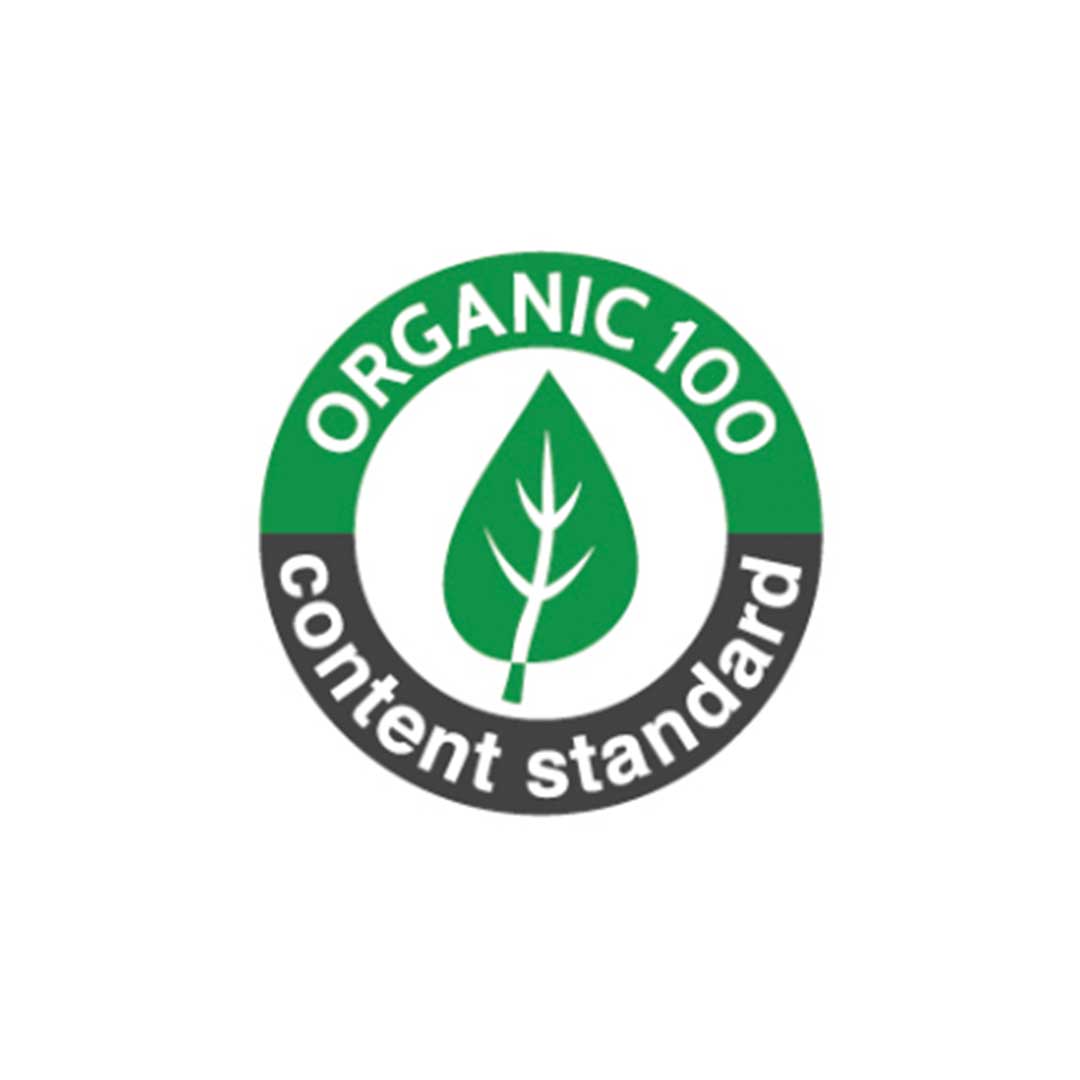
OCS
THE ORGANIC CONTENT STANDARD
It is a voluntary certificate of international scope that determines the presence and quantity of organic material in a final product. Follow the path taken by the raw material from its origin to the final product.
Our products are 'PETA-Approved', which means that no type of animal testing has been carried out on ingredients, formulations or finished products. Our products are made with 100% vegan materials and 0% animal fiber.
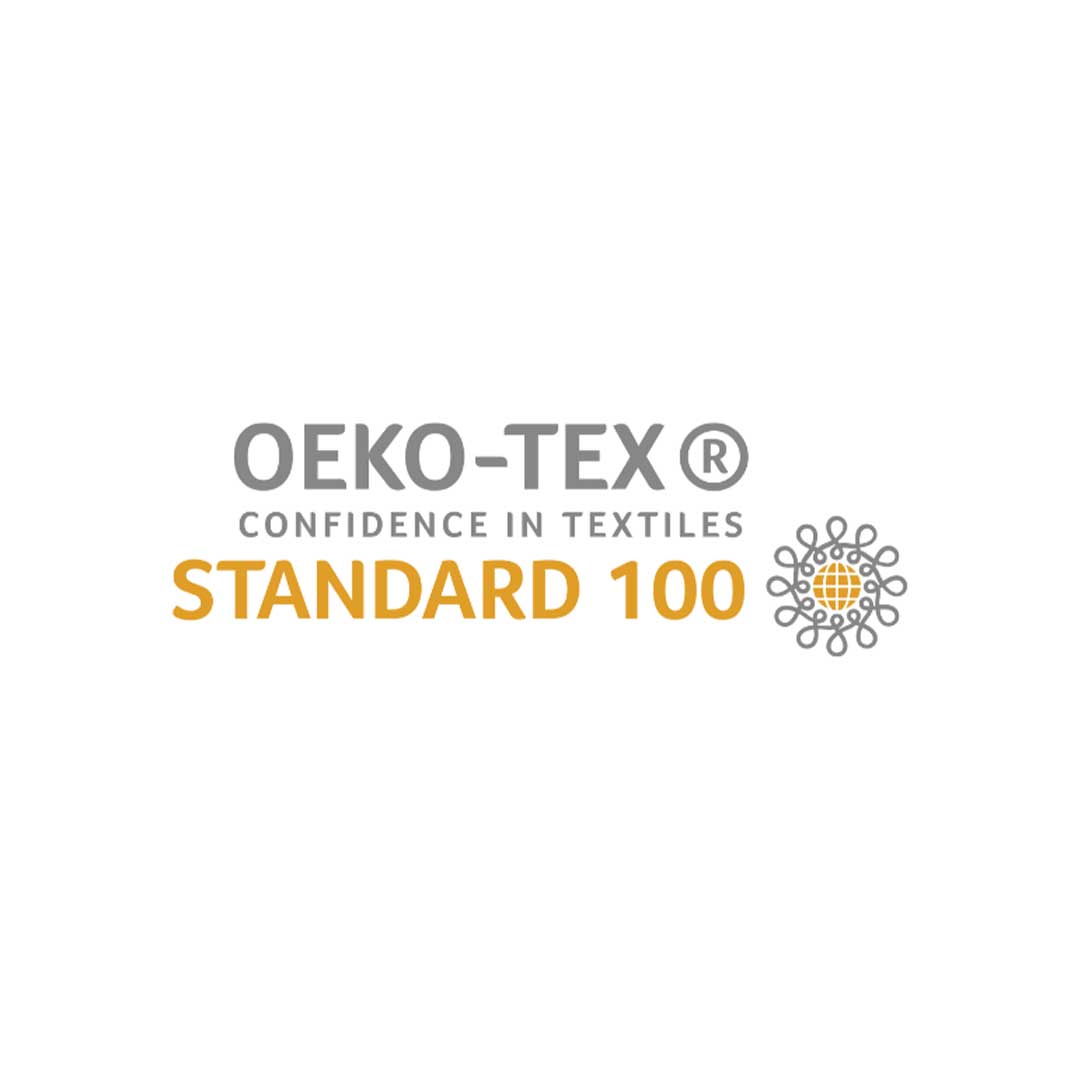
oeko-tex
The OEKO-TEX® Standard 100 is one of the best-known certificates worldwide for determining the presence of harmful substances in fabrics. The certification of our products guarantees that they are free of chemical substances that could be harmful to human health or the environment.
Standard 100 also prohibits the use of potentially harmful substances, even if these are not formally prohibited , and guarantees that our products comply with the REACH regulation of the European Union.
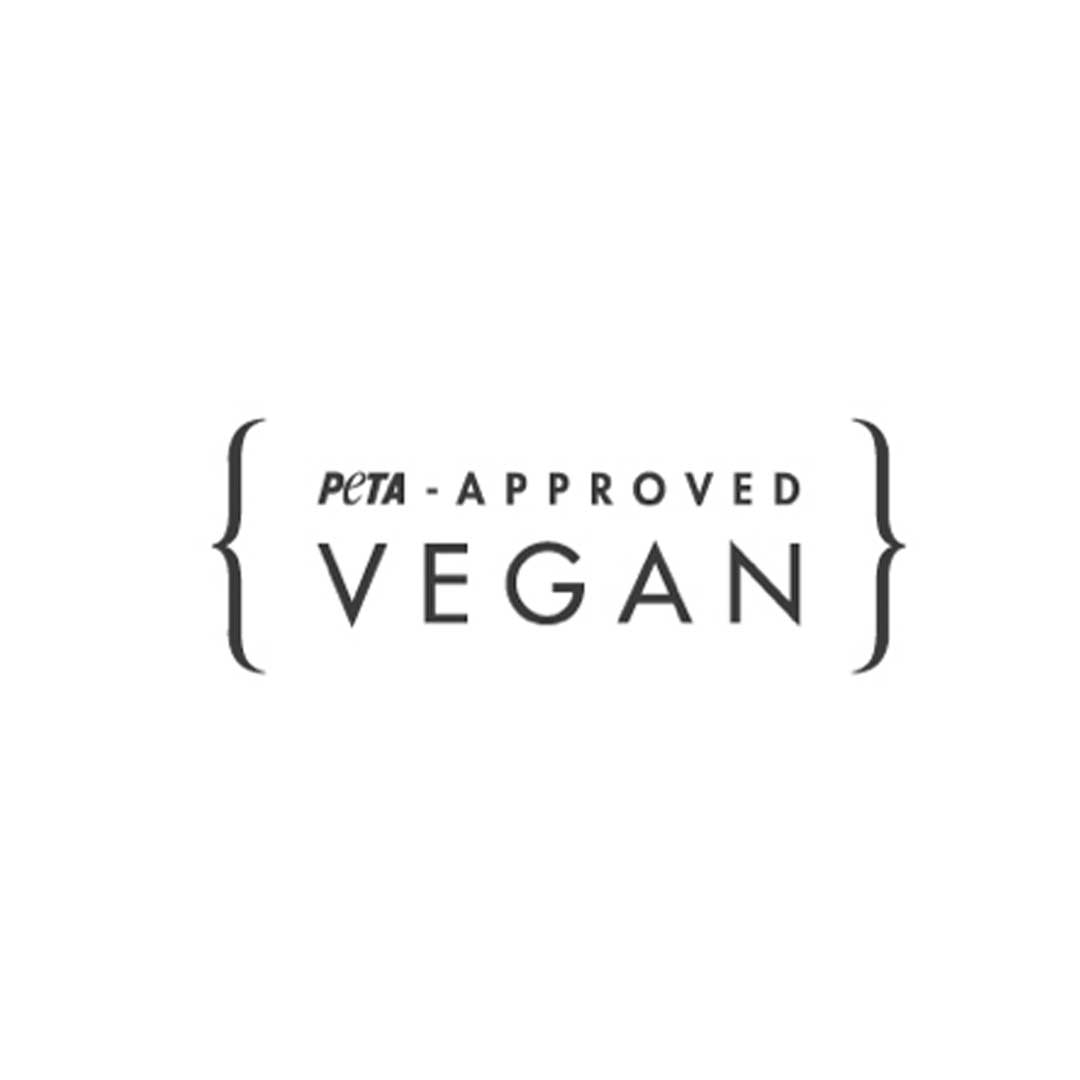
PETA
PETA-APPROVED VEGAN
Our products have the PETA seal of approval, as we do not test our ingredients, formulas or final products on animals, and we are committed to keeping it that way.
Our products are made from 100% vegan materials and contain 0% animal fibers, ensuring that no animals have been harmed in their manufacturing.
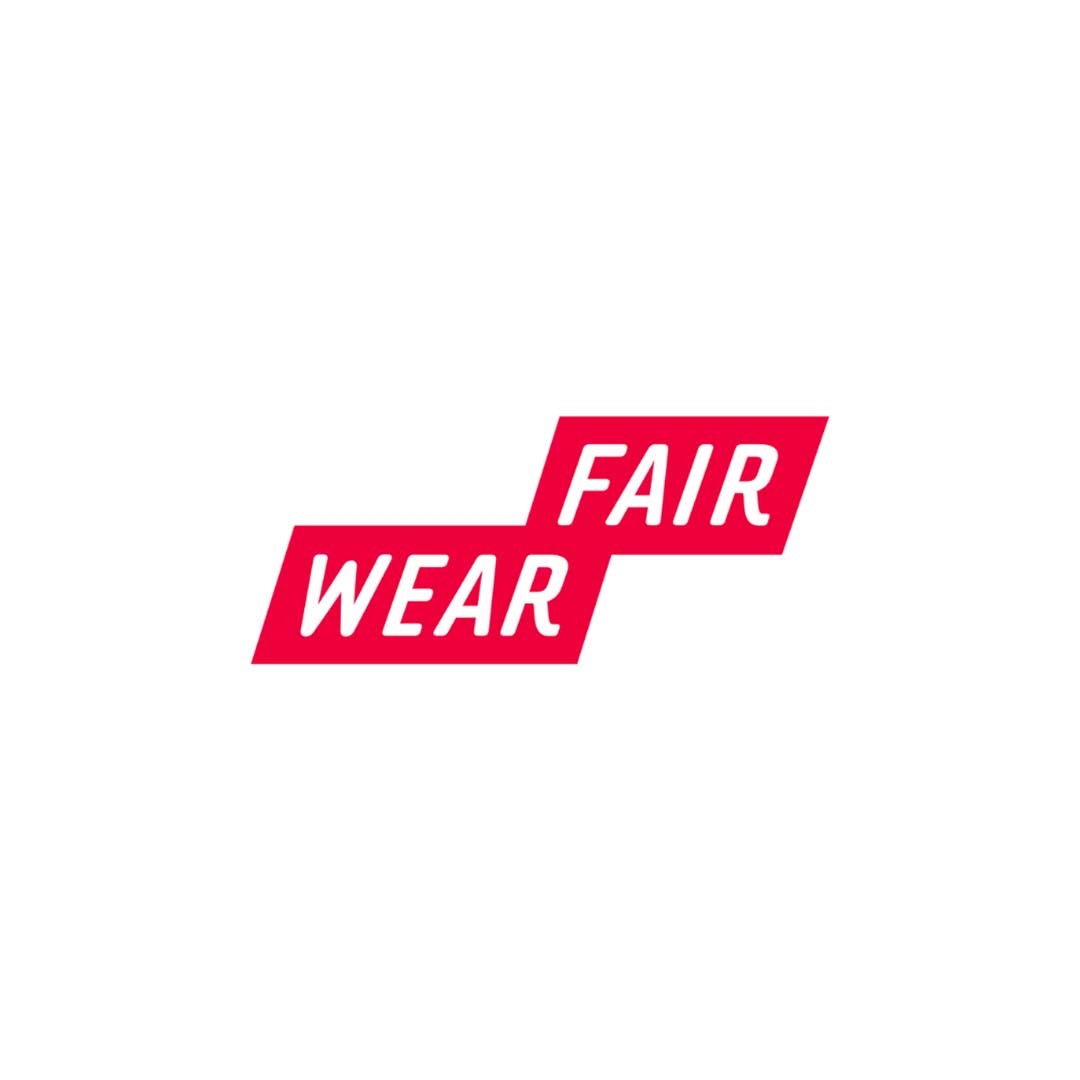
FWF
FAIR WEAR FOUNDATION
It is an independent organization that works with clothing brands, garment workers and influencers in the textile industry to improve working conditions in textile factories.
FWF regularly conducts audits at the factories we work with and, where necessary, establishes corrective action plans (CAPs) to ensure employee rights, safety and working conditions. decent and adequate work.
